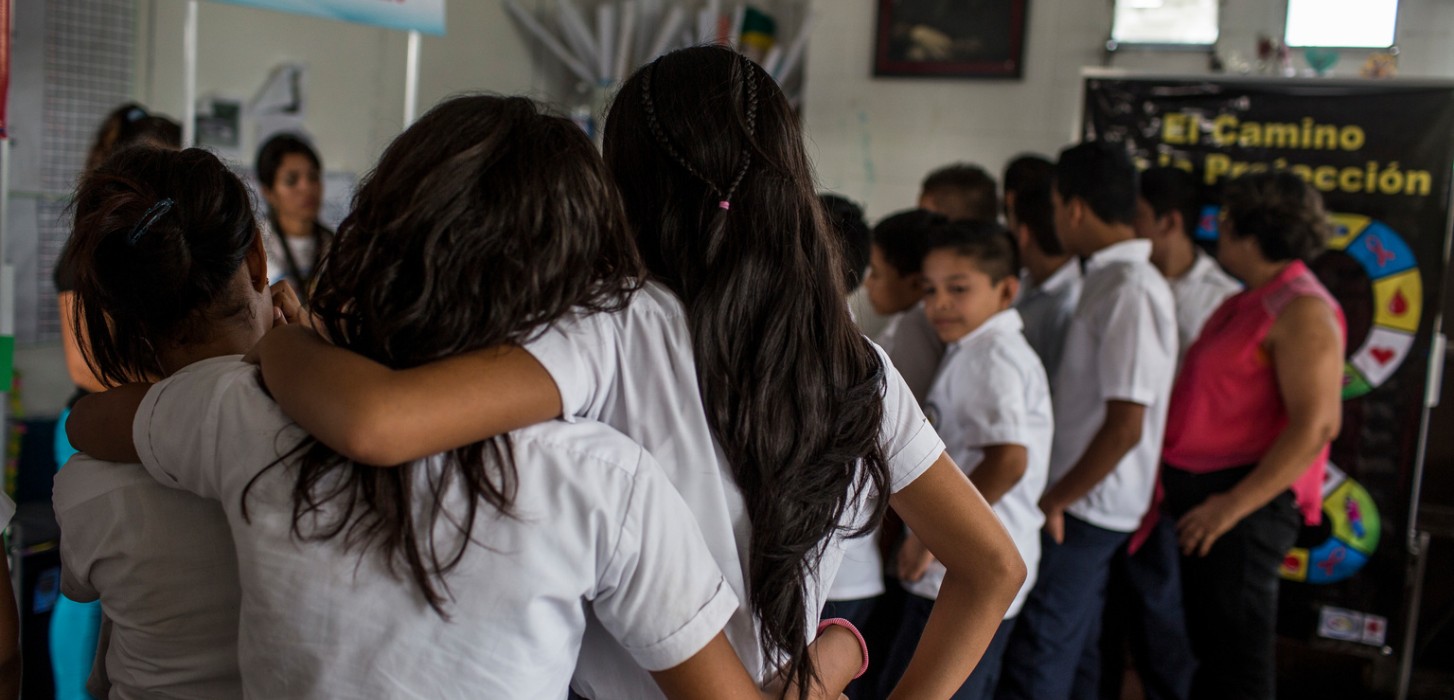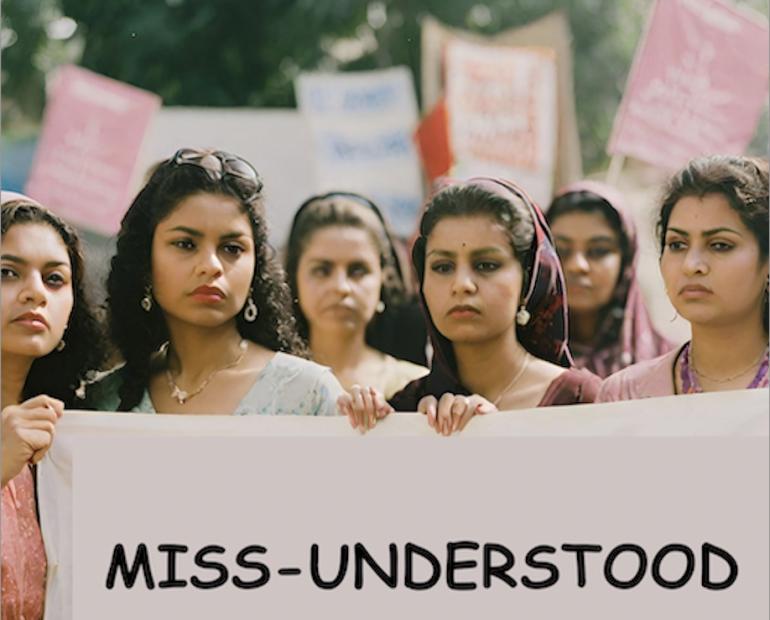Being kind is a powerful way to make our schools and communities safer and happier for all. But what if, instead of kindness, you witness violence at school or find out that someone you know is experiencing violence?
Do you intervene?
Call for help?
Turn and walk away?
Many of us have a desire to help when we see someone else in trouble. But knowing what to do when you find out someone is experiencing violence isn’t always simple. We've developed these tips to help you take action.
Tips for reporting violence
1. Find out what your school’s reporting process is
Once you know the official process for reporting violence at your school, you’ll know right away what to do if something happens. If there isn’t a process, or if you think it could be improved, team up with other students to engage the school management. It is also useful to know what other resources are available - for example, a school counsellor or a trusted teacher.
2. Be aware
If you notice a friend or schoolmate acting out of character and you’re worried that they may be experiencing violence, try to talk to them in a sensitive way. Tell them that you’ve noticed that they seem to be having a difficult time and that whatever the reason, there are resources or people available that might be able to help them. If the person seems unwilling to tell you, don’t pressure them but suggest that they talk to a trusted adult or contact a helpline. In many countries, there are helplines dedicated to assisting children and young people who are experiencing violence. You can find out if there is one in your country here.

3. Think twice before intervening directly
Depending on the context, if you intervene directly in an act of violence you could put your safety and well-being in danger or put those involved at greater risk. If you see someone who is being attacked physically and in serious danger, call an adult for help immediately. In some cases, it may even be necessary to call the authorities.
4. Don’t wait
If you’re aware of the reporting process in your school and you experience or witness violence, report it right away. The longer you wait, the worse the situation could become. If you’re worried about the anonymity of the reporting process, consider writing a note and leaving it where a trusted teacher or member of the school management will find it. If there is no formal reporting process, tell a trusted adult who can advise you on what to do.
What if someone is afraid to report violence?
If a friend or schoolmate is experiencing violence but they tell you they don’t want to report what has happened you should speak to a trusted adult and get advice on what to do. In some countries, according to the law, you have to report certain types of violence to the authorities.
5. End violence, before it takes place
You can become a champion for safer schools in many ways. Read the #ENDviolence Youth Manifesto for inspiration and check out these ideas from the World’s Largest Lesson to make a difference.
To learn more about staying safe online, check out our guide.
Together we can end violence in schools.






